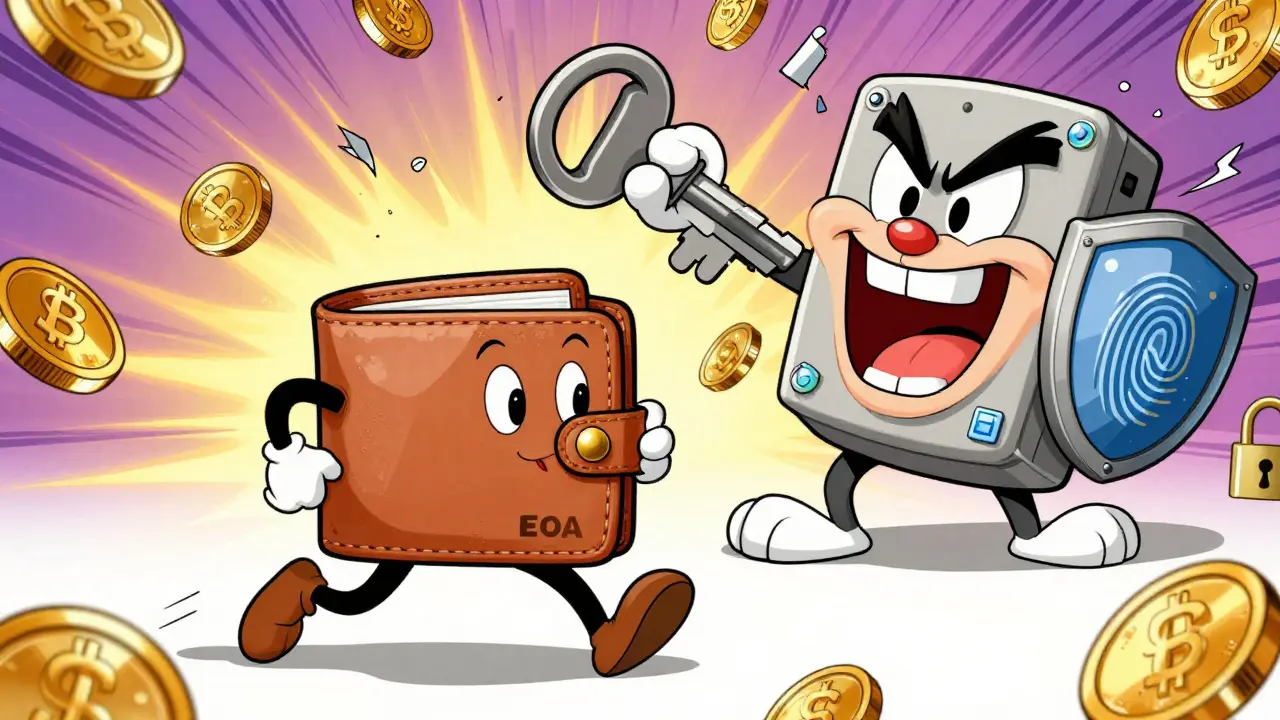Crypto Security: Protect Your Assets from Scams, Hacks, and Bad Exchanges
When you hold crypto security, the practices and tools that keep your digital assets safe from theft, fraud, and system failures. Also known as digital asset protection, it’s not optional—it’s the difference between keeping your money and losing it all in seconds. Most people think crypto is risky because prices swing. But the real danger? cryptocurrency scams, fake projects, phishing sites, and impersonators designed to trick you into giving up your keys. You don’t need to be a tech expert to get burned. One click on a fake airdrop link, one wrong wallet address, and your coins are gone—no chargebacks, no recovery.
exchange security, how well a crypto platform protects user funds from hacks and insider threats. That’s why we’ve reviewed platforms like ko.one and CPUfinex—both raised red flags fast. Meanwhile, OKX and Binance US got deep dives because they actually use multi-sig, cold storage, and insurance. But even the big names aren’t foolproof. Your private keys are your responsibility. If you leave crypto on an exchange longer than you need to, you’re gambling. wallet security, the methods you use to store and manage your crypto offline or with strong encryption. Hardware wallets like Ledger or Trezor aren’t luxury items—they’re your last line of defense. And if you’re claiming an airdrop? Verify the project. Kibho Coin, MoMo KEY, and STARGATEAI scams have trapped thousands with fake websites and fake token contracts.
Blockchain systems like Across Protocol and DeFiChain are built for openness, but every connection—every bridge, every smart contract, every API—is a new attack surface. That’s why blockchain security, the underlying protocols and audits that prevent exploits in decentralized networks. matters more than ever. A single flaw in a cross-chain bridge can drain millions. You don’t need to understand the code, but you do need to know which projects have been audited, which have live bug bounties, and which are just hype with a whitepaper.
From Taiwan’s banking bans to Mexico’s new crypto monitoring rules, governments are catching up. But regulation doesn’t protect you—your habits do. Staying safe isn’t about buying the next big coin. It’s about checking every link, verifying every airdrop, using a hardware wallet, and never sharing your seed phrase. The posts below show you exactly how to do that—real cases, real mistakes, real fixes. No fluff. Just what works.

Benefits of Account Abstraction for Smarter, Safer Crypto Wallets
Account abstraction makes crypto wallets smarter, safer, and easier to use by replacing fragile private keys with programmable smart contracts. Learn how it enables social recovery, gas sponsorship, and cross-chain control - and why it’s the key to mass adoption.

VinDAX Exchange Review 2025: Fees, Features & Security
A detailed 2025 review of VinDAX exchange covering fees, features, security, and who should use it, helping traders decide if it's right for them.